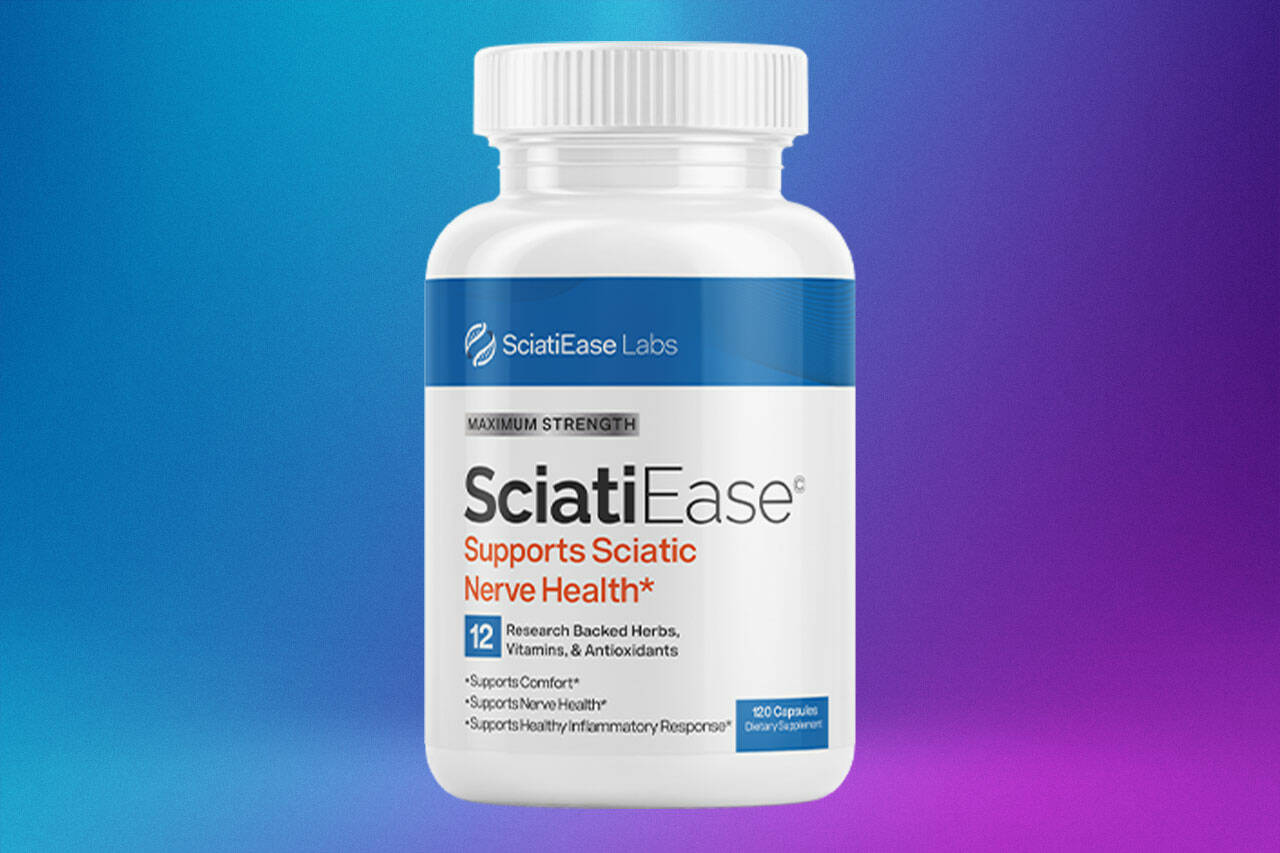What Is The Vitamin That Helps Sciatic Nerve Pain

For countless individuals, the sharp, radiating pain of sciatica can transform everyday life into a constant struggle. This debilitating condition, affecting the sciatic nerve, the longest nerve in the body, can lead to excruciating discomfort, limiting mobility and impacting overall well-being. While various treatments exist, ranging from physical therapy to medication, the role of vitamins in alleviating sciatic nerve pain is gaining increasing attention.
This article delves into the potential benefits of specific vitamins in managing sciatica, exploring the scientific evidence and expert opinions surrounding their use. It aims to provide a comprehensive understanding of how certain nutrients may contribute to nerve health, reduce inflammation, and ultimately, alleviate the agonizing symptoms associated with sciatica. Understanding which vitamins, and in what form, might offer relief is crucial for those seeking to manage this painful condition effectively.
Understanding Sciatica and Its Causes
Sciatica, at its core, is nerve pain that radiates along the path of the sciatic nerve. This nerve originates in the lower back, travels through the hips and buttocks, and then branches down each leg. The pain associated with sciatica can vary from a mild ache to a sharp, burning sensation, and may be accompanied by numbness, tingling, or muscle weakness in the affected leg or foot.
The most common cause of sciatica is a herniated disc in the spine, which puts pressure on the sciatic nerve. Other causes include spinal stenosis (narrowing of the spinal canal), bone spurs on the vertebrae, and, less frequently, tumors or damage from diseases like diabetes. Understanding the root cause is essential for determining the most effective treatment strategy.
The Vitamin B Connection: A Key Player in Nerve Health
Among the various vitamins studied for their potential role in nerve health, the vitamin B complex stands out. These water-soluble vitamins are crucial for nerve function and regeneration. Several B vitamins, in particular, have shown promise in managing neuropathic pain, which is a common characteristic of sciatica.
Vitamin B1 (Thiamine): Fueling Nerve Function
Vitamin B1, also known as thiamine, plays a vital role in converting glucose into energy, which is essential for nerve cells to function properly. A deficiency in thiamine can lead to nerve damage and pain. While studies specifically focusing on thiamine and sciatica are limited, its established role in nerve health suggests it could contribute to pain management.
Some small studies indicate that thiamine supplementation may help reduce neuropathic pain in general. However, more research is needed to confirm its efficacy in treating sciatica directly. Good dietary sources of thiamine include pork, whole grains, and beans.
Vitamin B6 (Pyridoxine): Nerve Signal Transmission
Vitamin B6, or pyridoxine, is involved in the synthesis of neurotransmitters, which are chemicals that transmit signals between nerve cells. It also plays a role in myelin formation, the protective sheath around nerve fibers. Deficiencies in vitamin B6 can lead to nerve damage and neuropathic pain.
Some research suggests that vitamin B6 may help reduce inflammation and pain associated with nerve compression. However, it's important to note that high doses of vitamin B6 can paradoxically cause nerve damage, so supplementation should be done under medical supervision. Dietary sources include poultry, fish, and bananas.
Vitamin B12 (Cobalamin): Myelin Sheath Maintenance and Repair
Vitamin B12, or cobalamin, is crucial for maintaining the myelin sheath that protects nerve fibers and facilitates nerve signal transmission. Deficiency in vitamin B12 can lead to demyelination, which is the breakdown of the myelin sheath, resulting in nerve damage and neuropathic pain. B12 deficiencies are more common in older adults and those with certain dietary restrictions, such as vegans.
Studies have shown that vitamin B12 supplementation can improve nerve function and reduce pain in individuals with neuropathy due to B12 deficiency. Whether B12 supplementation can directly alleviate sciatic pain requires further investigation, but its established role in nerve health makes it a potentially beneficial addition to a comprehensive treatment plan. Good sources of B12 include meat, fish, eggs, and dairy products. Supplementation is often recommended for those at risk of deficiency.
Vitamin D: The Sunshine Vitamin and Its Anti-Inflammatory Potential
Vitamin D, often called the sunshine vitamin, is essential for bone health and immune function. Emerging research suggests that it also plays a role in nerve health and pain management. Vitamin D has anti-inflammatory properties and may help reduce pain signals.
Some studies have found an association between vitamin D deficiency and chronic pain conditions, including back pain. While the evidence specifically linking vitamin D to sciatica relief is limited, addressing a deficiency may contribute to overall pain reduction and improved nerve function. Sunlight exposure, fortified foods, and supplements are all ways to increase vitamin D levels.
Important Considerations and Consultations
While these vitamins show promise in potentially aiding in the management of sciatica, it's crucial to emphasize that they are not a standalone cure. Sciatica often requires a multimodal approach, including physical therapy, pain medication, and lifestyle modifications. It's essential to consult with a healthcare professional before starting any vitamin supplementation regimen, especially if you have underlying health conditions or are taking other medications.
Self-treating with vitamins alone can be dangerous, as high doses of certain vitamins can have adverse effects. A healthcare provider can assess your individual needs, identify any potential deficiencies, and recommend appropriate dosages. They can also help determine if your sciatica is due to a vitamin deficiency or another underlying cause that requires different treatment.
Looking Ahead: The Future of Vitamin Research in Sciatica Management
The role of vitamins in managing sciatica is an area of ongoing research. Future studies are needed to investigate the specific mechanisms by which these vitamins may alleviate nerve pain, as well as to determine the optimal dosages and formulations. As our understanding of the complex interplay between nutrients and nerve health grows, we may see even more targeted and effective vitamin-based strategies for managing sciatica in the future.
Ultimately, a holistic approach that combines conventional treatments with complementary therapies, including vitamin supplementation under medical supervision, may offer the best hope for long-term relief from the debilitating pain of sciatica. Further research will help clarify the precise role of these essential nutrients in promoting nerve health and improving the lives of those affected by this condition.














![What Is The Vitamin That Helps Sciatic Nerve Pain NuNerve Reviews [2025]: Is It a Real Neuropathy Aid or a Scam?](https://honestproreview.com/wp-content/uploads/2021/10/supplements-for-sciatic-nerve-pain-768x384.png)



